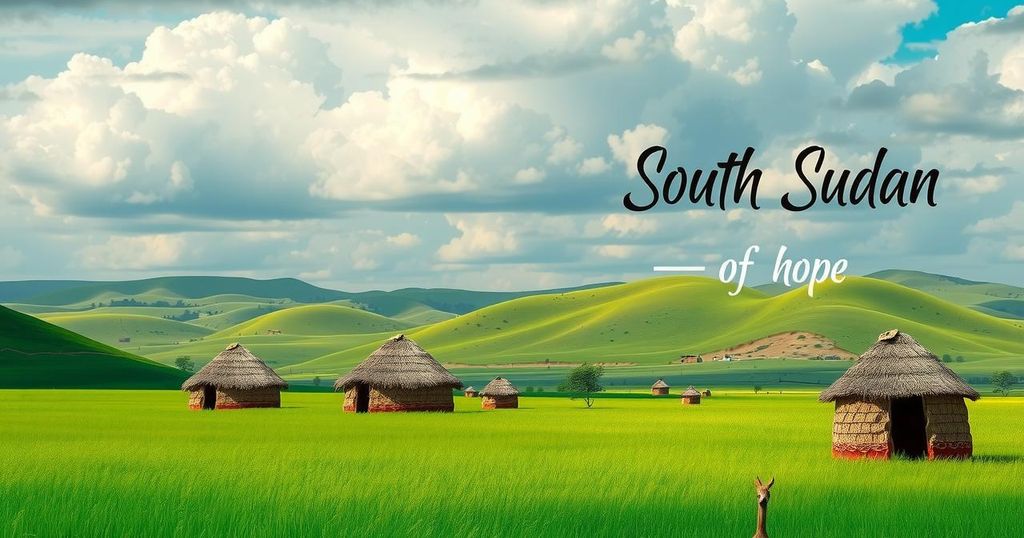Escalating Violence in South Sudan: Implications and Pathways to Stability

South Sudan is experiencing rising violence and political tensions, particularly in Upper Nile State, raising fears of a potential return to civil war. The recent actions by the White Army militia and government responses, including Ugandan military involvement, threaten to unravel essential power-sharing agreements. To avoid renewed conflict, constructive dialogue and community engagement are critical, alongside a supportive role from the international community.
Recent political tensions and violence in South Sudan, particularly in Upper Nile State, raise concerns regarding a potential relapse into civil war. Uganda has dispatched troops following a request from the South Sudanese government, and their involvement has intensified conflict, with opposition groups withdrawing from negotiations aimed at establishing a cooperative military structure. This escalation jeopardizes the 2018 power-sharing agreement, integral to the cessation of an earlier five-year civil war.
In early March 2025, the White Army militia, representing the Nuer community, engaged the South Sudan People’s Defence Forces (SSPDF) in Nasir County. The altercations have resulted in approximately 50 casualties, with the White Army asserting they acted in self-defense. This clash reflects a continuation of historical ethnic conflicts, particularly between the Nuer and Dinka communities, compounded by government retaliation and a lack of cohesive political command over the militias.
The current situation in Nasir differs from previous conflicts, such as the civil war that began in 2013. During that period, government forces executed offensive strategies against perceived enemy territories. Presently, the White Army’s aggression appears less coordinated and more responsive to immediate provocations. For instance, a brief skirmish over firewood escalated into larger confrontations, culminating in significant military losses for the government and further emboldening the White Army.
The response from the South Sudanese government has included arrests of key opposition members and scapegoating tactics, which only serve to exacerbate tensions rather than address the violence. The accusations against opposition leaders overlook the historical independence of the White Army’s actions and may exacerbate grievances instead of promoting resolution.
To avert a descent into renewed conflict, the South Sudanese government must adopt a more conciliatory stance, refraining from indiscriminate arrests and military actions against civilians. Efforts should focus on engaging community leaders who influence the White Army to alleviate hostilities. As the rainy season approaches, there lies an opportunity for confidence-building, reducing the likelihood of extensive military engagements.
Internationally, the response has been limited to verbal condemnations without significant action. The UN mission’s calls for restraint have failed to incorporate a nuanced understanding of the White Army’s dynamics. To facilitate a peaceful resolution, it is crucial for international authorities to emphasize the importance of dialogue and to challenge the government’s narratives that justify heavy military responses. The path forward must include a commitment to addressing the underlying issues that contribute to the violence.
In summary, South Sudan faces a precarious situation characterized by escalating violence and political tensions. The involvement of external forces like Uganda complicates the domestic landscape, raising fears of a return to civil war. Engaging community leaders and preventing indiscriminate government actions are pivotal for de-escalation. Furthermore, the international community must actively advocate for peaceful resolutions that recognize the complexities of local conflicts and the need for sustained dialogue.
Original Source: theconversation.com








